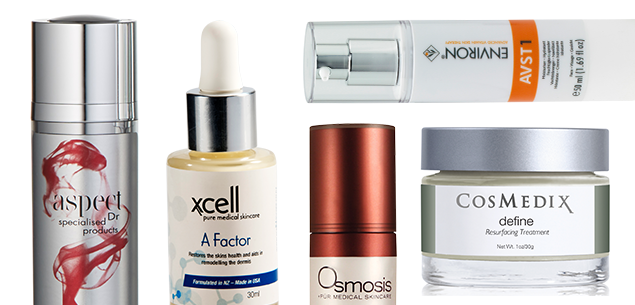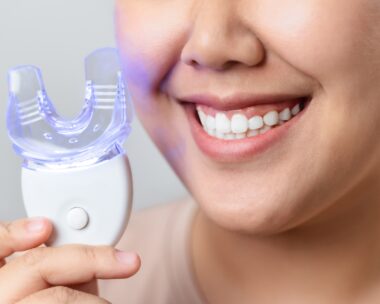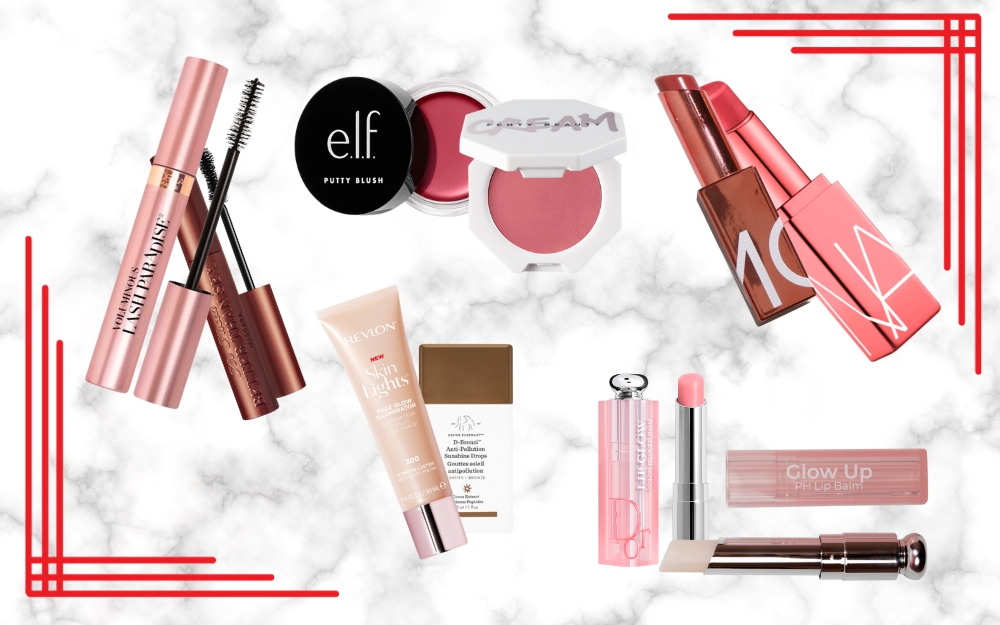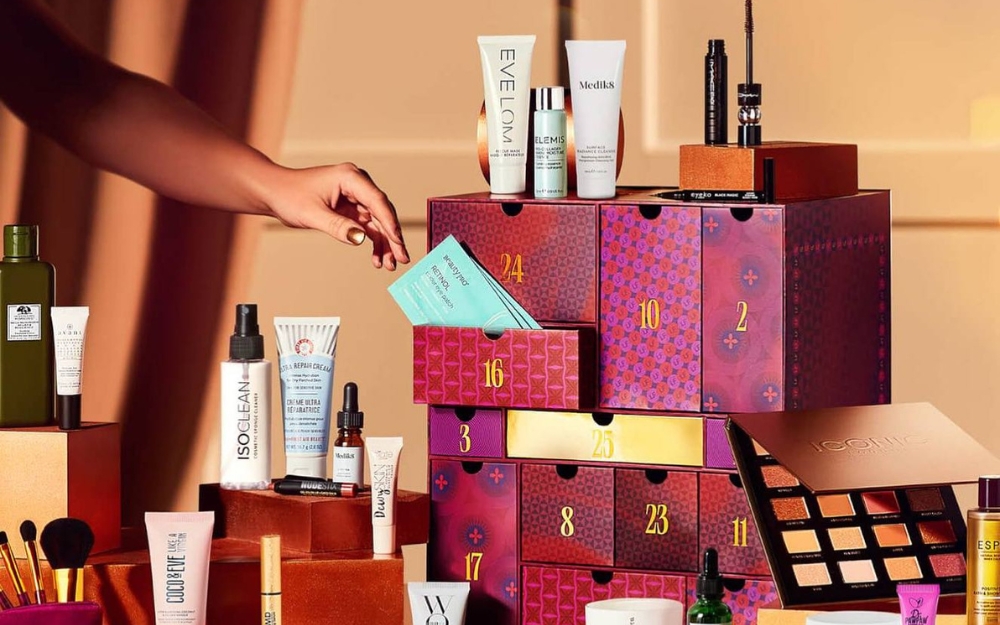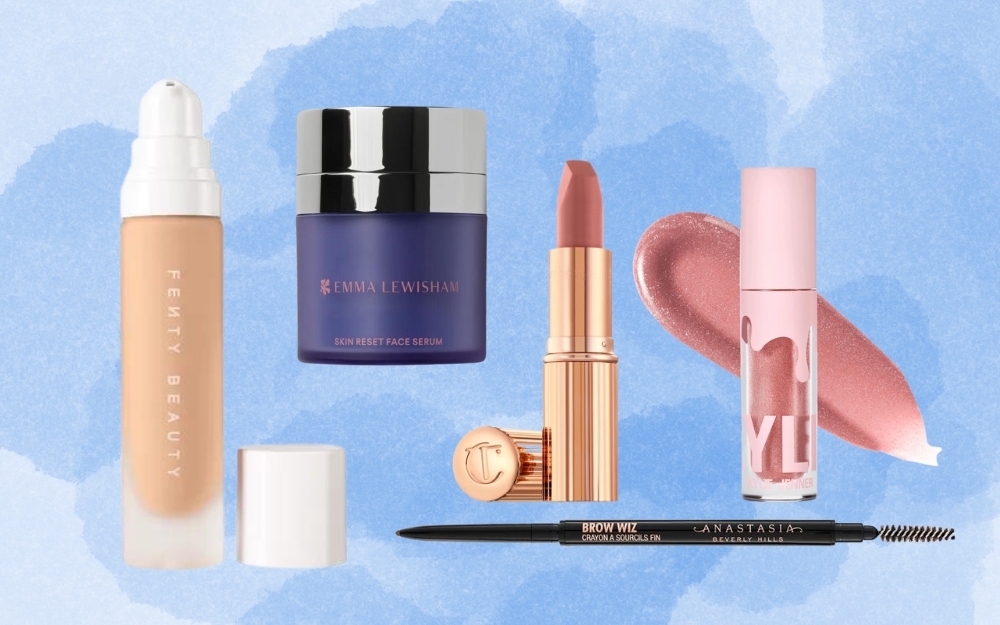Dr Joanna Romanowska of Auckland’s Clinic 42 explains why vitamin A is a skincare must-have.
Why is vitamin A/retinol so effective?
Used long-term, vitamin A (in its various forms, of which retinol is one) normalises the skin cells in a variety of ways, most of which have rejuvenating effects. It has to be applied in high concentration to be effective.
What are the main benefits of vitamin A/retinol?
It normalises sebum (oil) production in the skin, improving acne and also moisturising dry skin. It stimulates growth of new cells and increases cell turnover, making the skin softer, plumper and more youthful in appearance.
Why is it particularly good for sun-damaged skins?
It helps to soften thickened, leathery, sun-damaged skin and plump up thinned, papery skin. It also appears to normalise some of the damaged cells with a reduction in sun spots.
How long can it take before you start seeing improvement?
In younger skin, the effect may be more of protection and prevention. In older, more damaged skin it usually takes a few weeks to begin to notice changes, but the improvements continue over months.
Can it be harsh on the skin?
Yes, particularly when starting out with a treatment. We are very mindful that an initial ”overdose“ reaction of redness, dryness and flaking of the skin is likely. We manage this by starting the client on the product gradually and increasing the frequency of application over weeks or months, allowing the skin to acclimatise.
At what age should you start using it?
With our levels of sun-damage in New Zealand, the earlier the better. It’s used for acne treatment in teenagers.
Can it clash with other ingredients?
The vitamin A molecule is quite unstable and light sensitive, so manufacturers are careful about what other ingredients they put with it. It is recommended to apply it at night to protect it from sun exposure during the day.
When you’re buying retinol products, what should you look out for?
Products available over the counter generally don’t have high enough concentrations, due to the risk of reaction.
The stronger products are usually available from beauty therapists, where a retinoid reaction can be managed.
Is there anyone you wouldn’t recommend it to?
The only time we advise stopping is during pregnancy. One more point – it’s not only for women. Men often have more sun damage, so retinol-type treatments are particularly effective for them.
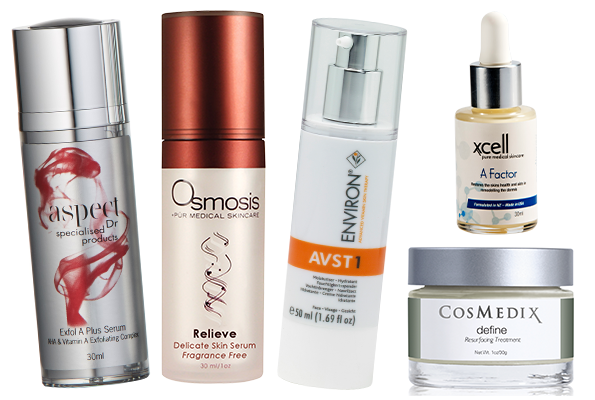
Try these five vitamin A skincare products below.
Five to try:
1. Environ does a series of different strength products so you can increase the dose of vitamin A and other antioxidants gradually. The introductory step is AVST1 $79.30, which contains the lowest concentration of active ingredients and you work up to level five.
2. Aspect Dr Exfol A Plus Serum $128.80 – vitamin A and alpha hydroxy acids are combined in a potent formula targeting pigmented skins.
3. Cosmedix Define $128.80 – a lightly hydrating and exfoliating cream containing a retinol complex. Great for oily complexions.
4. Osmosis has five different serums to choose from, all of which use a super-strong form of vitamin A called Retinaldehyde. Relieve $123 is the first step and is ideal for sensitive skins.
5. Xcell A Factor $110 – formulated in New Zealand, this blend of medical-strength retinol plus ginseng and myrtle leaf extract is ideal for sensitive and blemished skins.
